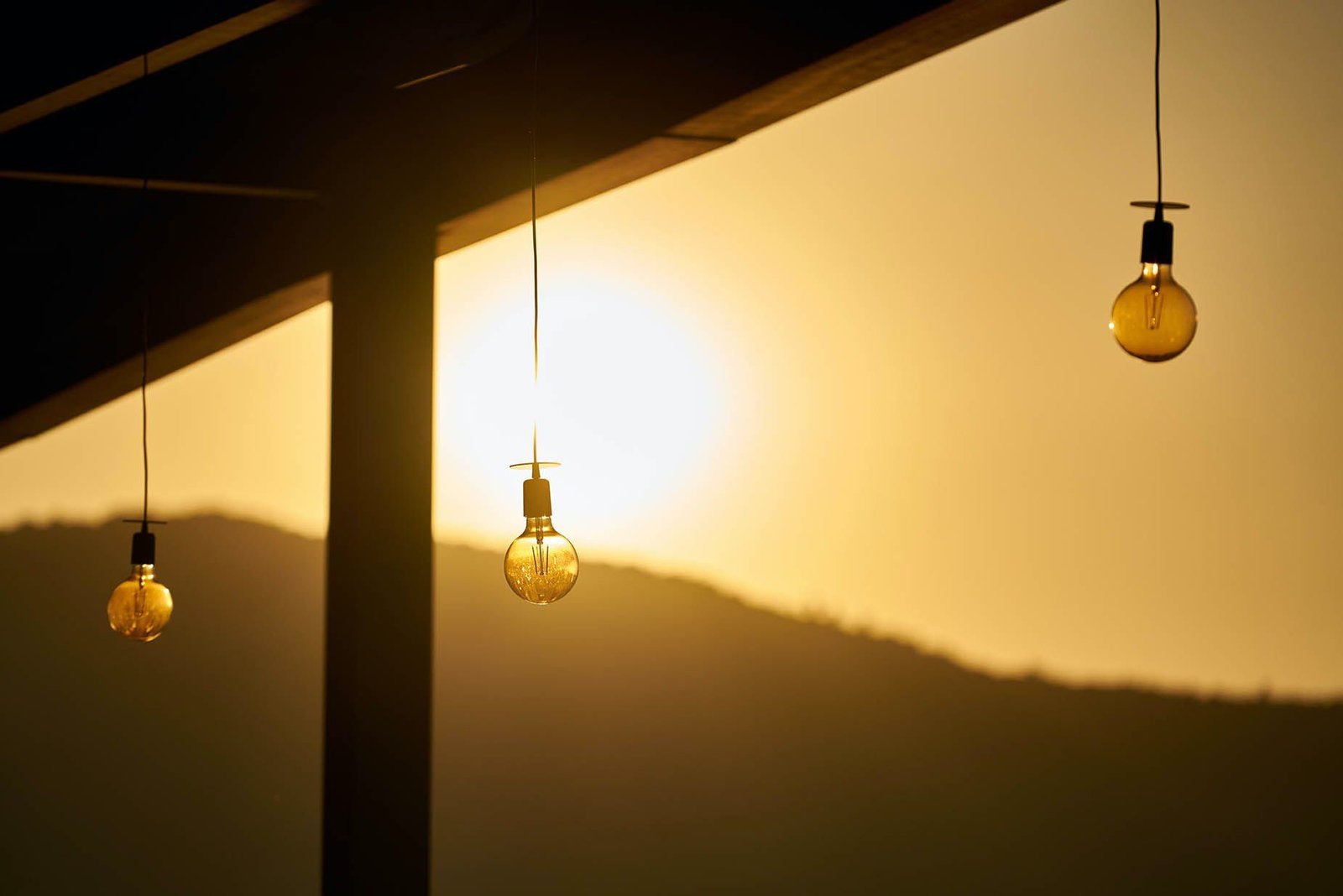
It Is Time to Broaden Easier Access to Electricity
The world is deteriorating. The United Nations had stated in their reception for the World Environment Day 2021 that it is an undeniable fact that we are experiencing ecosystem loss, the rise of global greenhouse gas emissions, and catastrophic climate change. These conditions are the challenge that everyone needs to tackle.
The World Environment Day 2021 focus will be on restoring the ecosystem by reimagining, recreating, and restoring. We need to collectively prevent and reverse the damage of nature, including in energy use. The massive consumption of fossil energy emitted greenhouse gasses that cause climate change. Reducing fossil energy utilization and a more significant portion of renewable energy are essential parts of ecosystem restoration.
Indonesia, like many other countries, heavily depends on fossil fuels for livelihood, including power generation. According to the Indonesia Ministry of Energy and Mineral Resources data in the Handbook of Energy & Economic Statistics in Indonesia 2019, the nation's primary energy supply mix is 37.28% coal, 35.03% oil, 18.51% gas, and only 9.18% renewable energy. It is time to shift to renewable energy resources, which are cleaner and greener, and one of them is solar energy.
The nation has the sizable potential capacity to generate electricity from solar energy. IESR (2021) reports solar PV potential capacity in Indonesia is 4,705 TWh - 26,972 TWh annually, or up to 9,500% of the current national estimation.
The utilization of solar energy could also answer the challenges of geographical and technological advancement to increase the ratio of electricity of Indonesia, as also faced by Timor-Leste. Power generation from solar photovoltaic (PV) is clean and requires zero or little water use. These renewable forms of energy can help countries meet their increased demand for electricity without adding carbon emissions or consuming water.
UNDP Indonesia initiates the Accelerating Clean Energy Access to Reduce Inequality (ACCESS) Project in Indonesia and Timor-Leste with the support from Korea International Cooperation Agency (KOICA) to provide accessible essential services required for community life, especially electricity and clean water, through decentralized solar-PV power plants in Indonesia and solar water pumps and lamps in Timor-Leste. In particular, the beneficiaries are directed to the poor and most vulnerable communities in both countries.
The project aims to provide clean energy and clean water for more than 20,000 people in the project sites and establish renewable energy service enterprises at the local level. ACCESS is in support of SDGs achievement as well. We believe that this project will broaden the easier access to electricity in Indonesia and Timor-Leste.
